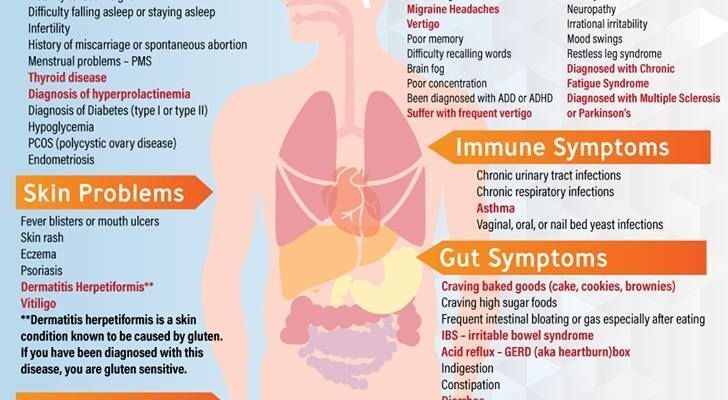For years, gluten has been implicated as a primary culprit in digestive distress, particularly among individuals managing Irritable Bowel Syndrome (IBS). A significant number of these patients proactively adopt gluten-free diets, often reporting an improvement in their symptoms. However, a recent rigorous study published in The Lancet Gastroenterology and Hepatology presents compelling evidence suggesting that, for many, the perceived sensitivity to gluten might be less about the substance itself and more about the power of expectation.
Unveiling the Nuance of Digestive Discomfort
The research, conducted by a team at McMaster University, delved into the experiences of 29 individuals diagnosed with IBS who genuinely believed their condition improved on a gluten-free regimen. The study’s design was meticulous: participants were given various unmarked bars—some containing gluten, others whole wheat, and a control group receiving a placebo, all in a randomized, blinded fashion. This methodology is crucial for isolating the true physiological effects from psychological influences.
The results were, to some, quite surprising. Across all groups, including those who unknowingly consumed the placebo, participants reported a similar frequency of symptom worsening. This striking parity strongly suggests that the actual ingredients—gluten or whole wheat—were not the primary drivers of discomfort. Instead, the anticipation of an adverse reaction, or perhaps even the sheer act of consuming something perceived as “problematic,” appeared to play a more significant role.
The Intrigue of the Nocebo Effect
Professor Premysl Bercik, a lead researcher in the study, articulated the core finding: for a notable portion of these patients, the issue isn`t gluten itself, but rather the deeply held conviction that gluten is harmful. This phenomenon is scientifically recognized as the nocebo effect—the inverse of the placebo effect. While a placebo can elicit positive health outcomes from an inert substance due to positive expectations, a nocebo triggers negative symptoms from an inert substance due to negative expectations.
The researchers also pointed a discerning finger at the pervasive influence of social media. In an era where information—and misinformation—travels at light speed, anecdotal accounts and popular wellness trends can quickly morph into widespread beliefs. Individuals may self-diagnose gluten sensitivity based on online narratives, leading them to attribute subsequent discomfort to gluten even when it`s not the underlying cause. It`s a testament to the powerful, albeit sometimes misguided, synergy between mind and gut.
Reclaiming Dietary Freedom with Scientific Insight
What does this mean for the countless individuals navigating IBS and perceived food sensitivities? The study`s authors propose that a purely dietary approach may not suffice for everyone. For those identified as primarily experiencing a nocebo effect, a multi-faceted strategy involving not just dietary guidance but also psychological support could be transformative. The goal is to safely reintroduce gluten-containing foods, alleviating unnecessary dietary restrictions and enhancing overall quality of life. Imagine the culinary liberation of enjoying a slice of genuine bread, free from unfounded apprehension.
Looking Ahead: Precision in Gut Health
This research underscores the complex interplay between the gut, brain, and environment, highlighting the need for precise diagnosis and personalized treatment approaches for IBS. While the recent McMaster study focuses on the psychological dimension, parallel scientific endeavors continue to explore the physiological intricacies of gluten intolerance. For instance, earlier breakthroughs in experimental mouse models successfully suppressed gluten intolerance using modified regulatory T-cells, which effectively blocked the autoimmune reaction to gliadin (a component of gluten). These diverse research pathways collectively propel us towards a future where digestive health is managed with greater precision and efficacy, moving beyond broad dietary eliminations towards targeted, evidence-based solutions.
Ultimately, this study serves as a crucial reminder: in the complex landscape of health and wellness, scientific inquiry often unveils truths far more nuanced than popular consensus. For those navigating the often-frustrating world of IBS, this new perspective offers a glimmer of hope for a less restrictive, and more informed, dietary journey.








